Feb. 21, 2025
-
Feb. 23, 2025
shenzhen
On February 21, 2025, the Genetic Arrhythmia Forum of the 10th Asian Heart Rhythm Summit & the 16th China Heart Rhythm Summit (ACAS & CCAS 2025), hosted by the Asian Heart Rhythm Association (AHRA), was successfully held in Shenzhen. With the strong support of Chairman Yao Yan and the expert organization of Professors Hu Dan and Wang Ruxing, the forum brought together top electrophysiologists from home and abroad to discuss the latest research advances and cutting - edge treatments in genetic arrhythmia. The forum covered several key areas including genetic research, stem cell applications, the role of cardiac Purkinje fibers, and neuromodulation therapy, addressing frontier topics such as pediatric arrhythmia and sudden cardiac death, while delving into the pathogenesis of genetic arrhythmia and innovative strategies for its clinical management.
The conference officially kicked off with a keynote address. Professor Peng - Sheng Chen of the Indiana University School of Medicine delivered an outstanding lecture on the anti - arrhythmic effects of the β3 - adrenergic receptor, exploring its potential in arrhythmia treatment and its impact on therapeutic strategies.
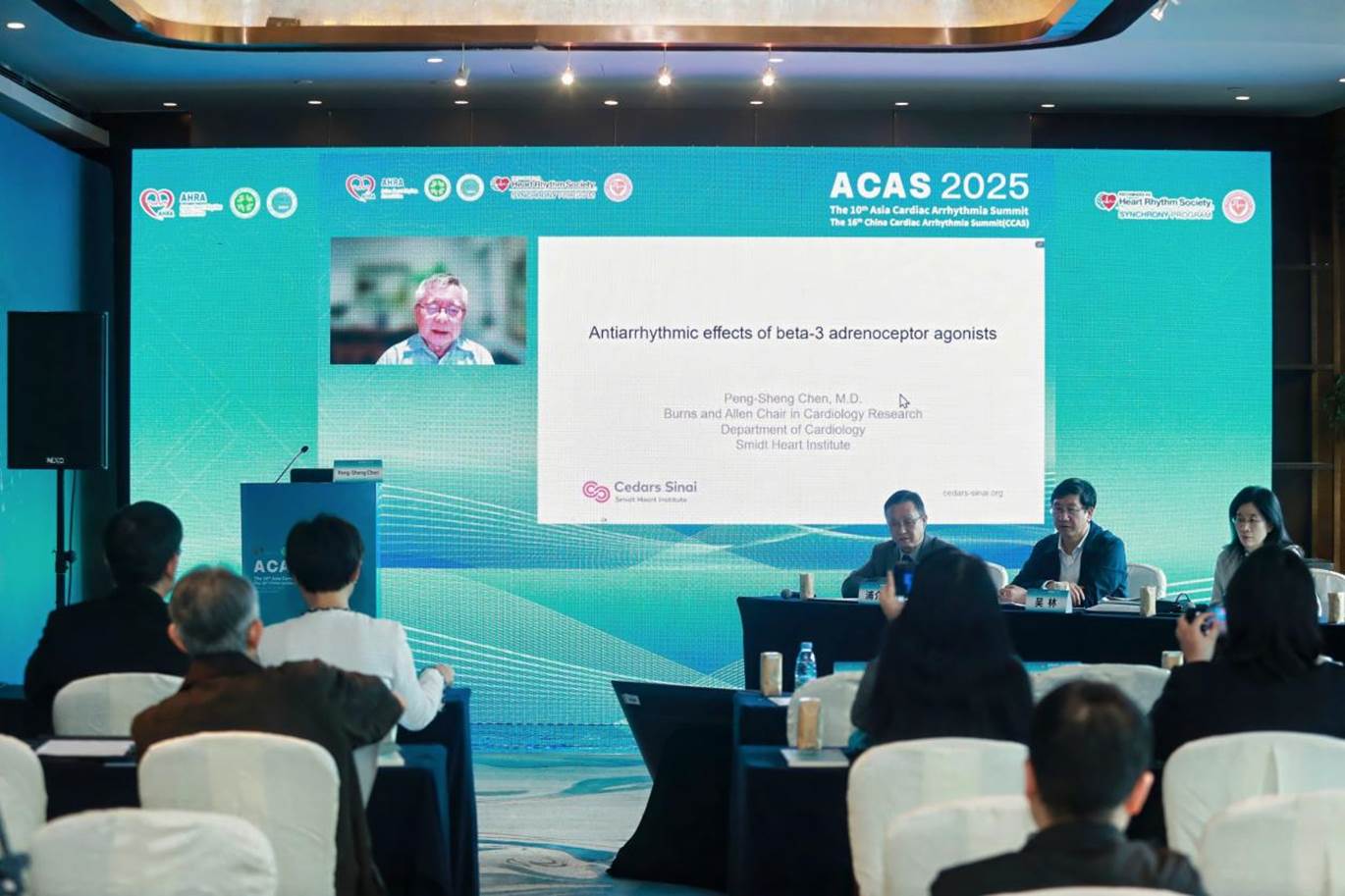
Subsequently, the forum was divided into two sessions: a basic research session and a clinical research session. The first half of the forum focused on the basic research of genetic arrhythmia and was hosted by Professor Pu Jielin of the Oriental Hospital affiliated to Tongji University, Professor Wu Lin of Peking University First Hospital, Professor Liu Jie of the School of Basic Medicine at Shenzhen University, and Professor Deng Chunyu of Guangdong Provincial People's Hospital.
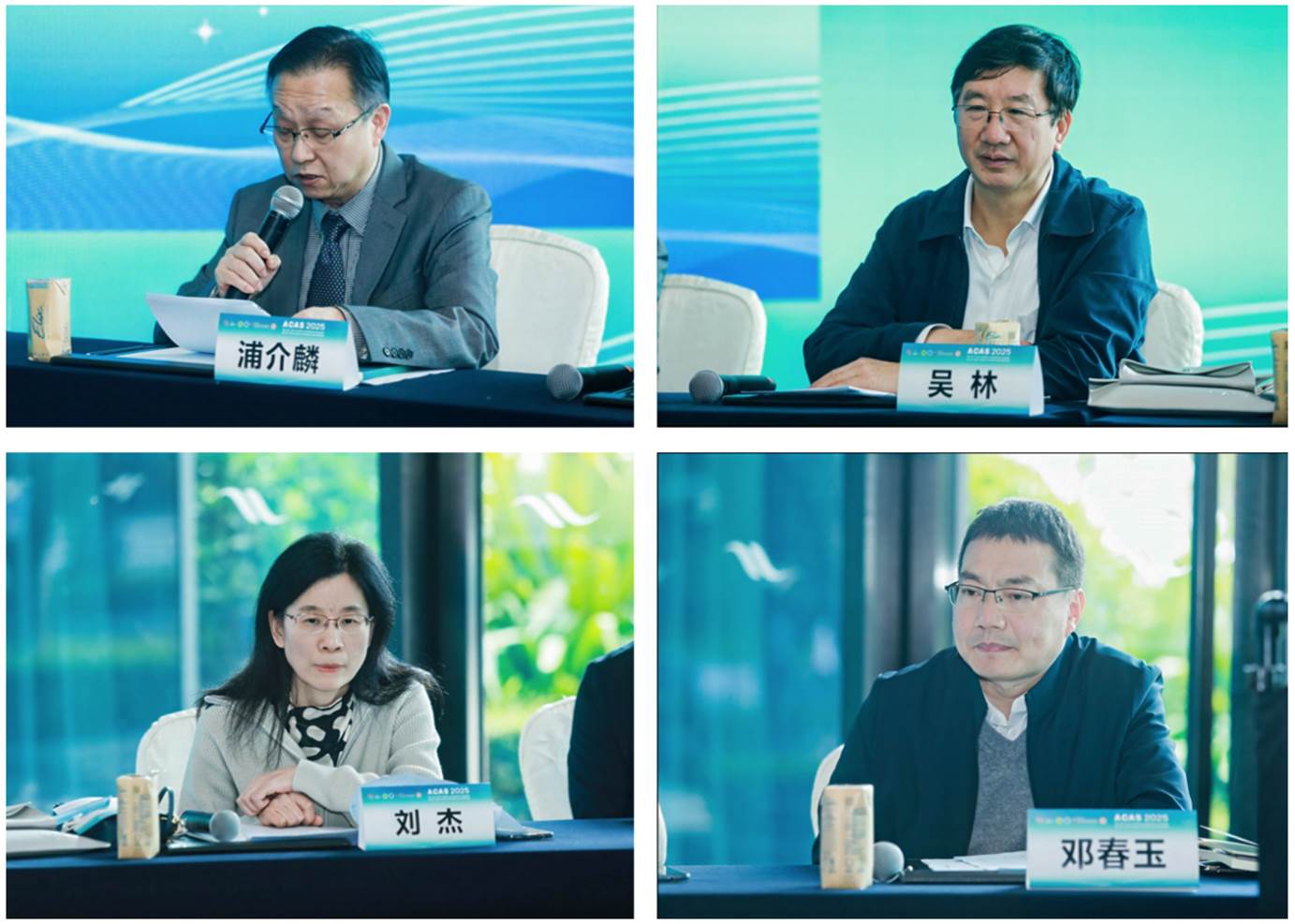
In the basic research session, Professor Wang Ruxing from the Wuxi People's Hospital affiliated to Nanjing Medical University shared research progress on diabetes - related arrhythmia; Professor Du Yimei of the Union Hospital affiliated to Huazhong University of Science and Technology discussed the relationship between IL - 6 and atrial fibrillation; and Professor Wu Lin of Peking University First Hospital presented advances in the drug treatment of genetic arrhythmia. Professor Chen Liang from Fuwai Hospital of the Chinese Academy of Medical Sciences shared research progress on ARVC, while Professor Liang Ping from the Zhejiang University Institute of Translational Medicine showcased the potential of stem cells in arrhythmia treatment. Finally, Professor Pu Jielin of the Oriental Hospital affiliated to Tongji University summarized the highlights of the discussions.
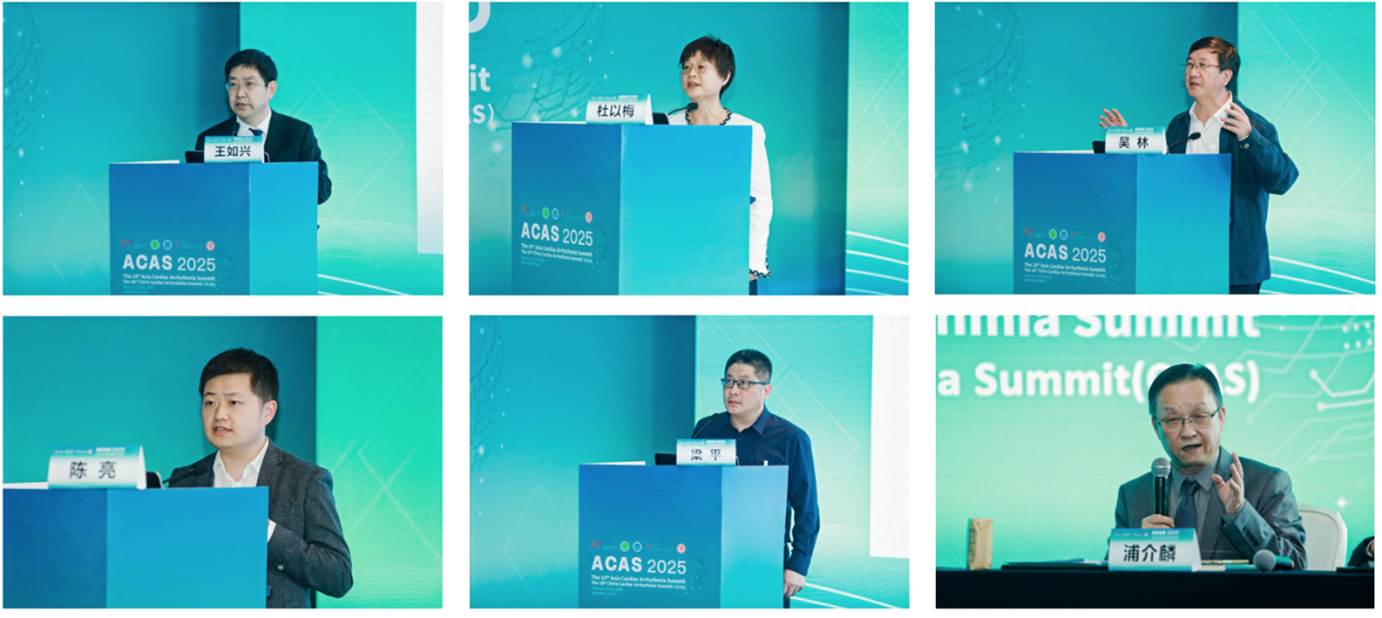
The second half of the forum primarily focused on the clinical research of genetic arrhythmia, and was hosted by Professor Liu Jinqiu of the First Affiliated Hospital of Dalian Medical University, Professor Lin Xiaoping of the Second Affiliated Hospital of Zhejiang University School of Medicine, and Professor Li Guoliang of the First Affiliated Hospital of Xi’an Jiaotong University.
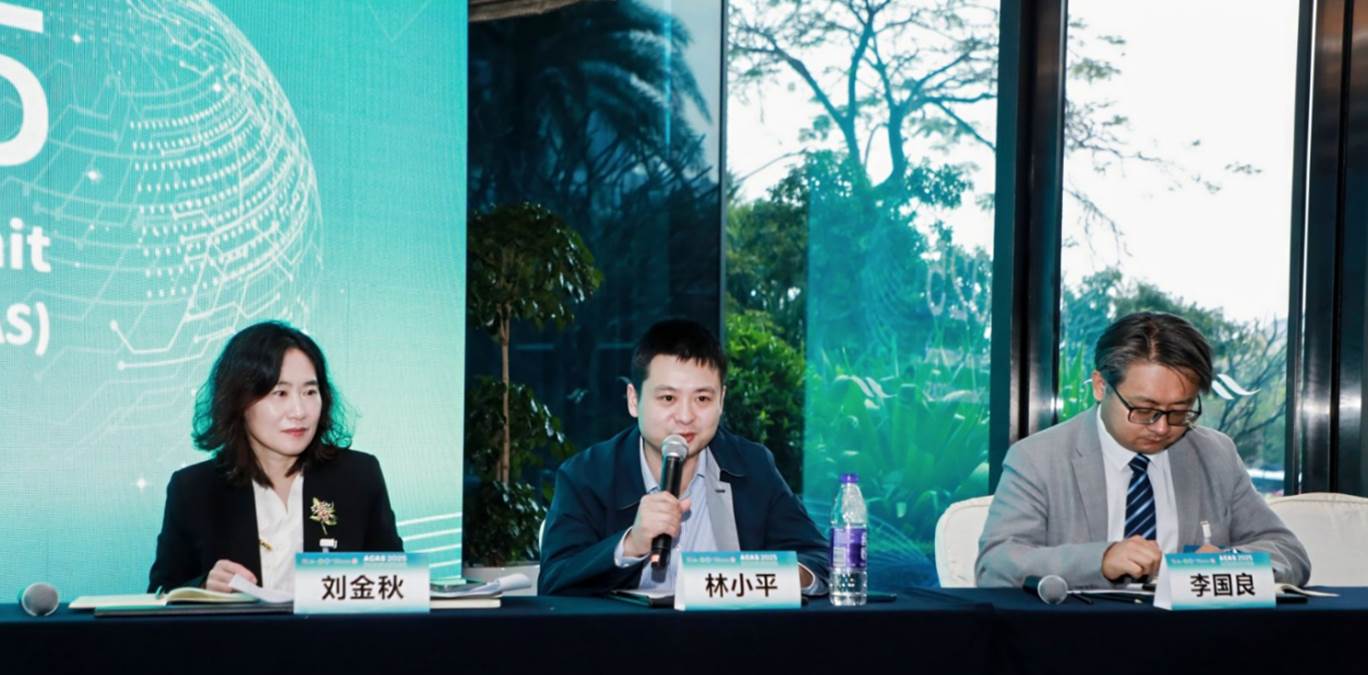
In the clinical session, Professor Shen Lishui from Professor Yao Yan’s team at Fuwai Hospital of the Chinese Academy of Medical Sciences presented new advances in ablation therapy for genetic arrhythmia; Professor Li Yigang from Xinhua Hospital affiliated to Shanghai Jiao Tong University School of Medicine explored the role of cardiac Purkinje fibers in arrhythmia; Professor Zhou Liping from Professor Jiang Hong’s team at Wuhan University People's Hospital introduced the relationship between neuromodulation and arrhythmia; and Professor Li Xiaomei of the First Affiliated Hospital of Tsinghua University shared the latest research findings and case studies on pediatric genetic arrhythmia. Finally, Professor Hu Dan from Wuhan University People's Hospital discussed the latest research progress on J - wave syndrome, providing participants with cutting - edge knowledge and clinical experience in this area.
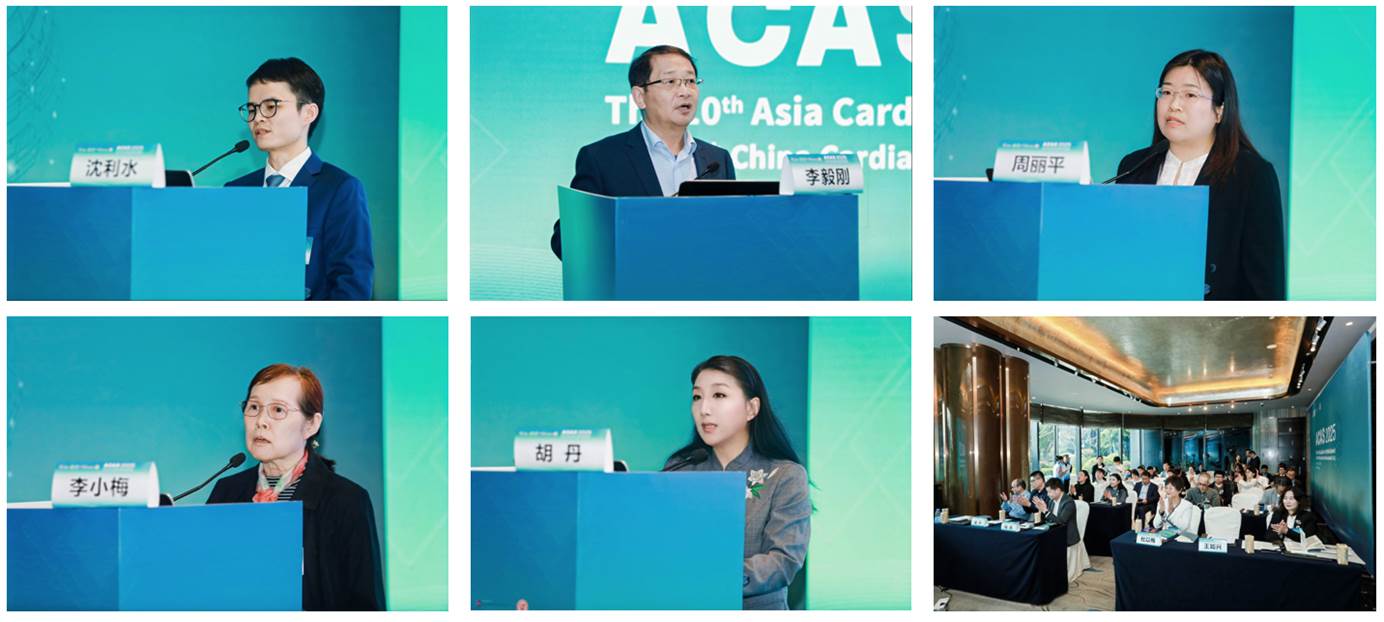
Throughout the forum, the audience was highly engaged, and the lectures and discussions sparked widespread attention and active interaction. Participants not only asked insightful questions but also engaged in in - depth exchanges with the speakers on frontier issues. Professor Sunny Po from the University of Oklahoma Health Sciences Center, along with several other internationally renowned scholars, participated in the forum throughout, actively contributing their insights and jointly exploring the latest research achievements and future directions in the field of genetic arrhythmia, further fostering the collision of academic ideas and profound discussions.
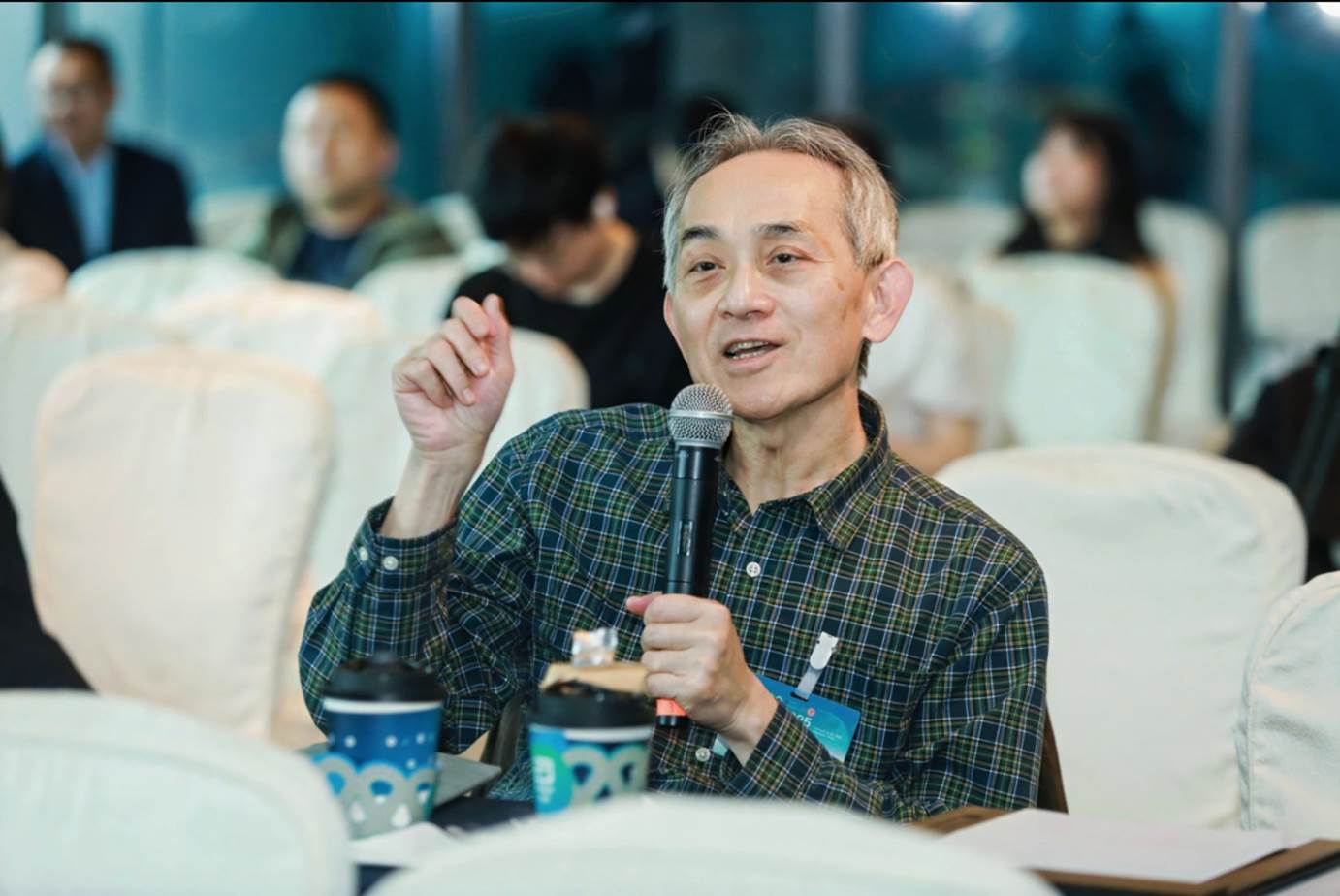
This forum provided a platform for researchers and clinicians in the field of genetic arrhythmia to communicate and collaborate. The experts not only shared their research findings and clinical experiences but also engaged in thorough discussions on how to better address the challenges within this field. The successful convening of the forum marks a new milestone in genetic arrhythmia research, providing fresh impetus for future academic progress and clinical treatment.
We look forward to further innovations and breakthroughs in this field in the future, bringing greater hope for the early diagnosis and treatment of genetic arrhythmia and advancing the global treatment of arrhythmia!
